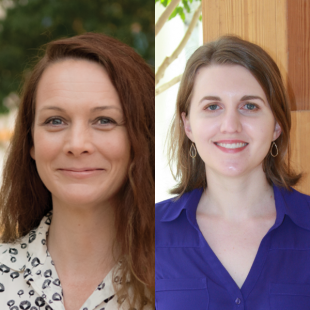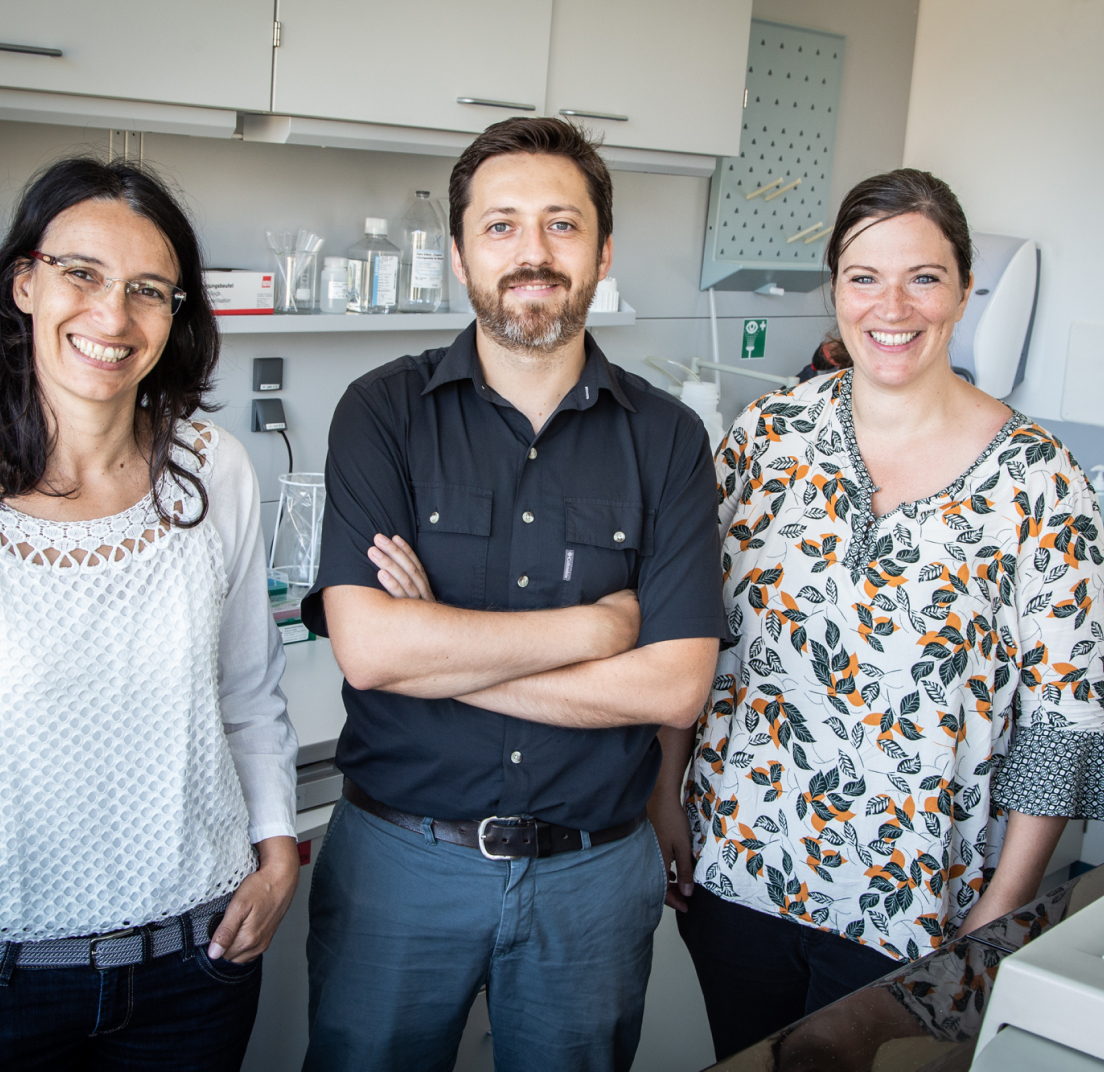“Whole genome sequencing and analysis of ME/CFS”
PI: Elizabeth Worthey, PhD
HudsonAlpha Institute
“Whole genome sequencing and analysis of ME/CFS”
PI: Elizabeth Worthey, PhD
HudsonAlpha Institute

Working with Camille Birch (PhD), Dr. Elizabeth (Liz) Worthey will run whole-genome sequencing (WGS) against network analysis algorithms to test the hypothesis that an intrinsic genetic defect (or defects) in one or more metabolic pathways is stimulated by an external stimulus. There are indications that differential gene expression could underlie ME/CFS and studies indicate having a family member with ME/CFS is a strong predictive factor of having the disease.
Major Ramsay goals fulfilled:
✓ Bringing new researchers into the field. The Ramsay Awards enabled Dr. Liz Worthey, an experienced investigator, to newly apply her expertise to the ME/CFS field.
“My lab focuses on performing analyses to help to understand the genetic underpinnings of both rare and more common complex human diseases. We have been working to push the boundaries of genomics and informatics capabilities in this area for more than a decade. We will bring our tools, our experience, and our enthusiasm and dedication and work with other researchers to help find much needed answers for ME/CFS patients, their families, and their physicians” -Dr. Worthey
Watch Dr. Worthey speak about her work to improve and accelerate the analysis of genomic data to produce translational benefit for patients here
Read the research team’s study abstract below:
We propose to utilize whole genome sequencing (WGS) combined with cutting edge informatics approaches in patients afflicted with myalgic encephalomyelitis/chronic fatigue syndrome (ME/CFS) in order to elucidate the genetic and molecular mechanisms behind the complex presentation and progression of this disease. Despite an increase in research projects over the last several years, the pathophysiology of ME/CFS still remains unknown. We hypothesize that ME/CFS is the result of an intrinsic genetic defect(s) that alters cellular metabolic homeostasis towards an unstable state. This unstable state is tipped into an irreversible deficiency by an external stimuli such as a viral or bacterial illness or physical or emotional trauma. We believe that the course of illness is based on the type of variant or where in a metabolic pathway an individual’s defect lies. This approach has the potential to molecularly define the several subtypes clinically observed in this disease, such as mild, moderate, and severe dysfunction. We will perform WGS and will analyze the data using various algorithmic approaches, including our custom network analysis algorithms, which support the identification of single nucleotide substitutions and other classes of small variants, structural variants (including more complex types of rearrangements), fusion products, expanded tandem repeats, and variants in regulatory regions that alter expression. We will be testing the following hypothesis; ME/CFS is caused by a genetic alteration(s) in one or more metabolic pathways that leads to an unstable cellular energetic state. The course of illness is based on the type of variant or where in a metabolic pathway an individual’s defect lies.



350 N Glendale Ave.
Suite B #368
Glendale, CA 91206
SolveCFS@SolveCFS.org
704-364-0016
| Cookie | Duration | Description |
|---|---|---|
| cookielawinfo-checkbox-analytics | 11 months | This cookie is set by GDPR Cookie Consent plugin. The cookie is used to store the user consent for the cookies in the category "Analytics". |
| cookielawinfo-checkbox-functional | 11 months | The cookie is set by GDPR cookie consent to record the user consent for the cookies in the category "Functional". |
| cookielawinfo-checkbox-necessary | 11 months | This cookie is set by GDPR Cookie Consent plugin. The cookies is used to store the user consent for the cookies in the category "Necessary". |
| cookielawinfo-checkbox-others | 11 months | This cookie is set by GDPR Cookie Consent plugin. The cookie is used to store the user consent for the cookies in the category "Other. |
| cookielawinfo-checkbox-performance | 11 months | This cookie is set by GDPR Cookie Consent plugin. The cookie is used to store the user consent for the cookies in the category "Performance". |
| viewed_cookie_policy | 11 months | The cookie is set by the GDPR Cookie Consent plugin and is used to store whether or not user has consented to the use of cookies. It does not store any personal data. |
Please let us know more about you.
Please let us know more about you.
Please let us know more about you.
Please let us know more about you.